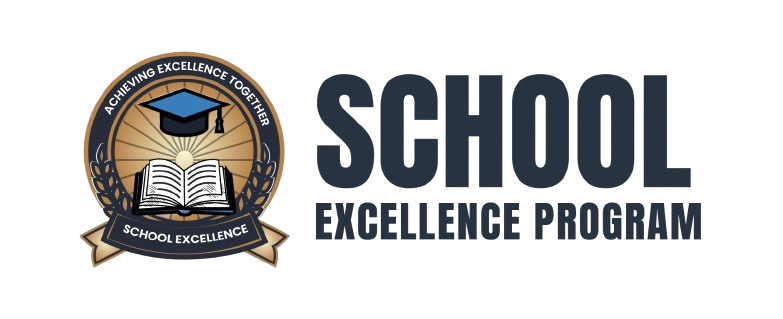Overcoming Dependency on Untrained Staff: A Blueprint for CBSE Schools
The dependency on untrained staff is a common challenge faced by many schools, especially in the CBSE system. While these individuals often have the best intentions, the lack of formal training can hinder the overall quality of education, leaving students inadequately prepared for a dynamic and competitive world. Addressing this issue requires a structured and strategic approach, and programs like the School Excellence Program (SEP) offer a comprehensive solution.
The Challenges of Untrained Staff
Untrained staff often lack:
Pedagogical Skills: Understanding diverse teaching methodologies.
Classroom Management Techniques: Ensuring engagement and discipline.
Subject Expertise: Mastery of topics beyond basic knowledge.
Adaptability to Modern Tools: Familiarity with digital and interactive teaching methods.
These gaps can lead to inconsistent learning experiences, reduced student engagement, and missed opportunities to foster creativity and critical thinking.
Solutions to Address the Issue
Training and Capacity Building: Regular professional development sessions are essential for enhancing teaching effectiveness. The School Excellence Program (SEP) conducts both online and offline training sessions to equip teachers with practical teaching methods, focusing on classroom management, NEP 2020 implementation, and innovative pedagogical approaches. For example, activities like “Weather Chart” or “My Community Model” are incorporated to creatively teach environmental science while training educators to integrate hands-on and experiential learning into their classrooms. These sessions ensure that teachers are empowered with the skills needed to create engaging and impactful learning environments.
Structured Programs and Resources: SEP provides a well-designed Annual Subject Enrichment Activity (SEA) syllabus. These activities, such as “My Plant Buddy” and “Recycle Art,” offer clear instructions for teachers, helping even those without formal training to implement engaging and effective lessons.
Mentorship and Collaboration: Pairing untrained staff with experienced mentors encourages knowledge sharing. Collaborative activities, like “Nature Collage” or “Animal Masks,” promote teamwork among teachers, ensuring every educator feels supported.
Focus on Holistic Development: Programs like SEP encourage educators to go beyond rote learning, focusing on holistic student development. For example:
Assessment Tools: SEP introduces structured rubrics for evaluating student performance. These rubrics also serve as training tools for teachers, guiding them on what to observe and assess, ensuring consistency and fairness in evaluation.
Leveraging Technology: Digital tools and platforms can bridge knowledge gaps. Online training modules and SEP’s resources empower teachers to learn at their own pace, enabling them to implement modern teaching practices effectively.
The SEP Advantage
The School Excellence Program directly addresses the challenges posed by untrained staff through:
Interactive Learning Modules: Hands-on activities like “Healthy Plate” and “Earth Day Pledge” ensure teachers and students alike benefit from engaging, practical sessions.
Standardized Curriculum Support: With a clear activity syllabus, teachers can focus on delivering impactful lessons.
Skill Development: SEP helps teachers build foundational skills like communication, creativity, and problem-solving.
Conclusion
Reducing dependency on untrained staff requires schools to invest in structured training programs and collaborative initiatives. The School Excellence Program provides a scalable and practical blueprint for CBSE schools to bridge this gap. By empowering teachers with resources, mentorship, and hands-on activities, SEP not only uplifts the quality of education but also fosters a culture of continuous learning among educators. This holistic approach ensures students receive the well-rounded education they deserve, preparing them for a future filled with opportunities and challenges.

